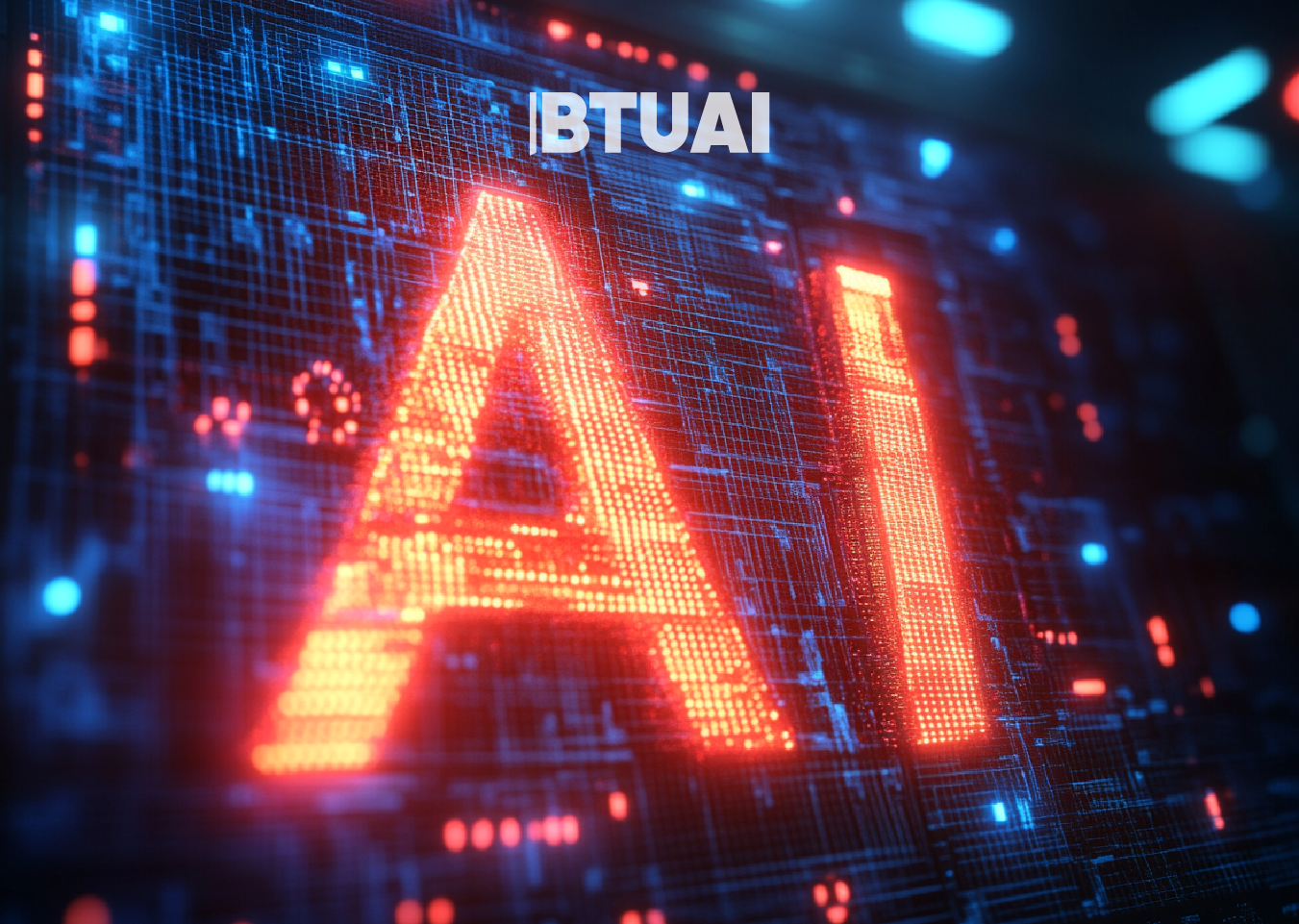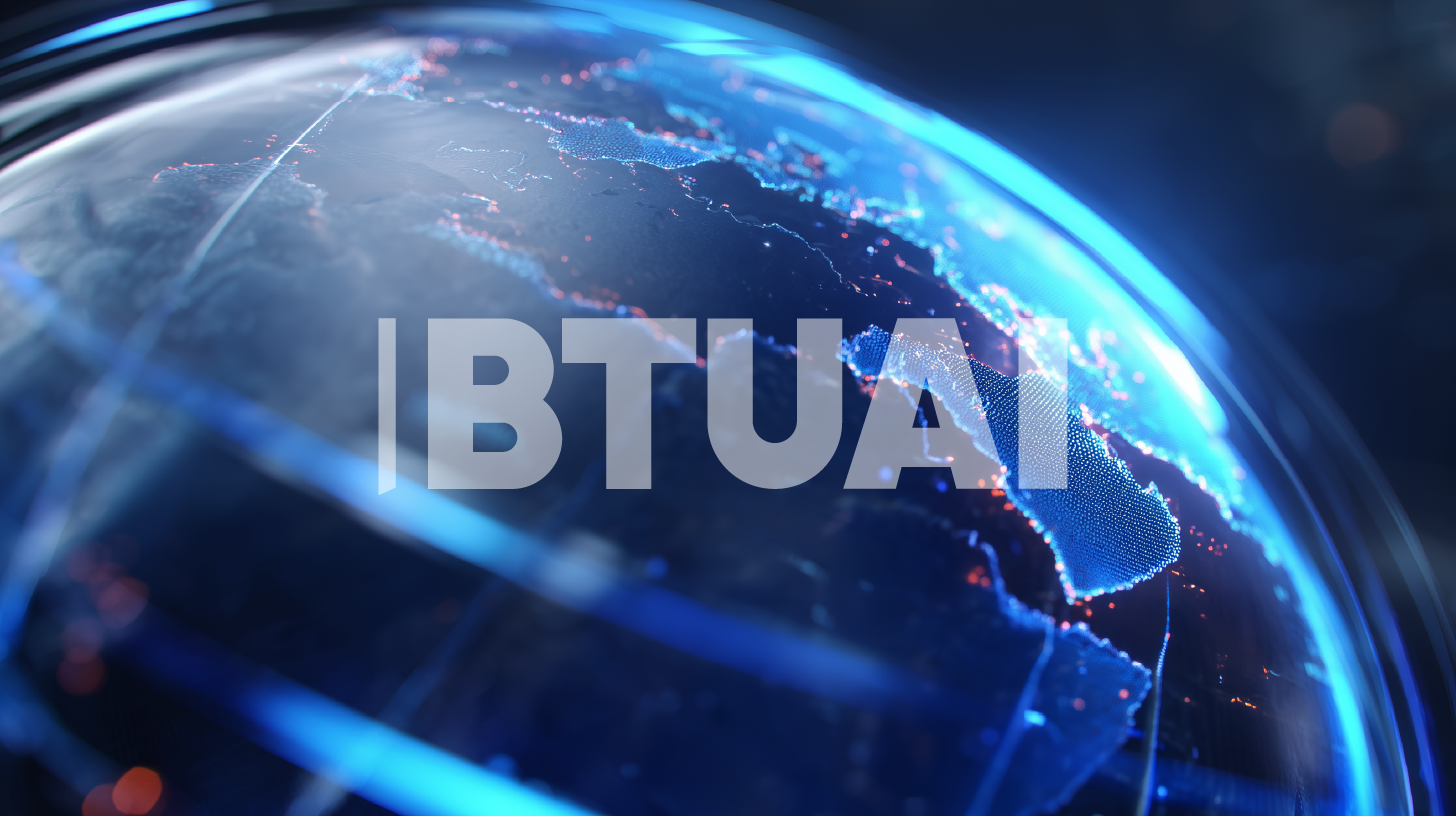The Road to Informational Chaos: How AI is Redrawing the Boundaries of Truth
In recent months, the internet has seen a noticeable surge in AI-generated content — images, videos, texts, and materials

In recent months, the internet has seen a noticeable surge in AI-generated content — images, videos, texts, and materials falsely presented as “real” news. These pieces often look so convincing that people can easily believe them, regardless of whether they’re true. The line between fact and fabrication is becoming increasingly blurred.
New technologies like OpenAI’s Sora, Runway, Midjourney, and others now allow anyone to create high-quality videos or images in seconds — depicting, for example, a politician in a place they’ve never been or saying things they’ve never said. This is no longer Hollywood-level visual effects — the tools are accessible to nearly everyone and require little technical knowledge.
Synthetic media, including deepfakes, is already being used as a political weapon. In the run-up to the 2024 U.S. presidential election, a fake audio clip surfaced claiming President Biden was planning to manipulate the voting process. Similar cases have been reported in India, several African nations, and EU member states. In response, some platforms have temporarily or permanently banned certain content — but the deeper issue remains.
The main challenge is that verification tools — fact-checkers, digital trackers, forensic platforms — are evolving much slower than content generation tools. As a result, fake material often spreads virally before any fact-checking can catch up, and the damage is often done by the time the truth emerges.
If current trends continue, the next 5–10 years could bring an entirely new informational landscape, where real and fabricated facts coexist. Technologies might allow a song to be “performed” in the 1980s with a modern artist’s voice, or historical events to be recreated as ultra-realistic videos — not for education, but for commercial or propaganda purposes.
This informational chaos could turn into a deep societal trust crisis — especially if disciplines like history, medicine, or law begin to rely on unverifiable sources. Without faster regulation and stronger informational hygiene, individuals may soon be required to submit biometric data just to prove they are not AI-generated copies.
This doesn’t just affect what we see — it affects how we trust the systems that once operated on facts. In the long run, we may need a whole new social contract around information, where truth is no longer assumed, but something that must be proven.




